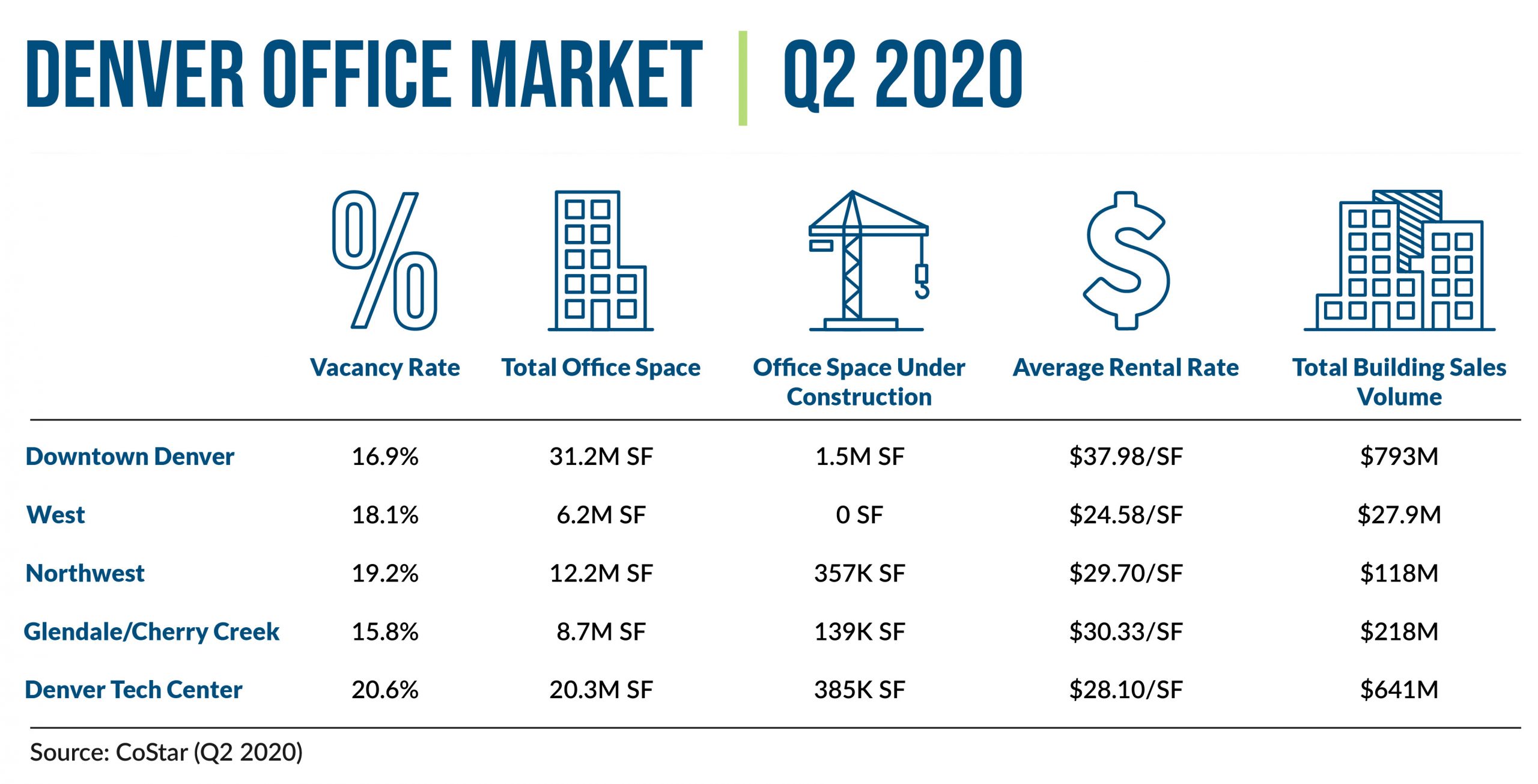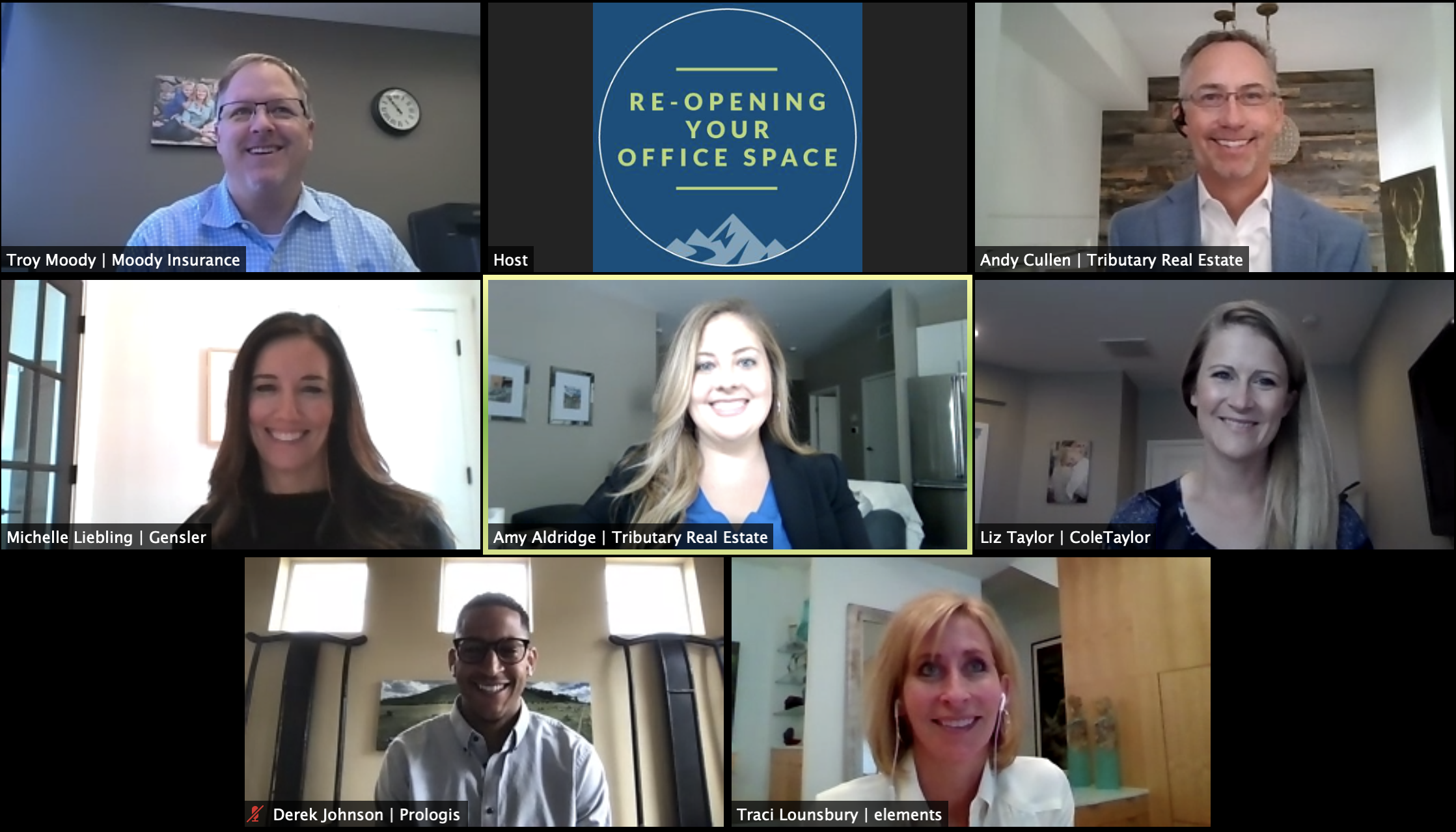2021 Office Market Outlook
While market downturns aren’t anything new – many of us have ridden out one or two major ones firsthand – 2020 and the COVID-19 pandemic brought a level of unpredictability that couldn’t have been anticipated. Despite all the unknown, however, our team continues to find opportunities and help clients take advantage of the market.
When business and economic considerations become dependent on how quickly a virus spreads, business-as-usual goes out the window. Rolling stay-at-home orders and business closures have resulted in mass layoffs, and subsequent financial hardships for some companies have led to even further job losses and even companies closing their doors entirely. All of this has naturally had an impact on the commercial real estate industry.












